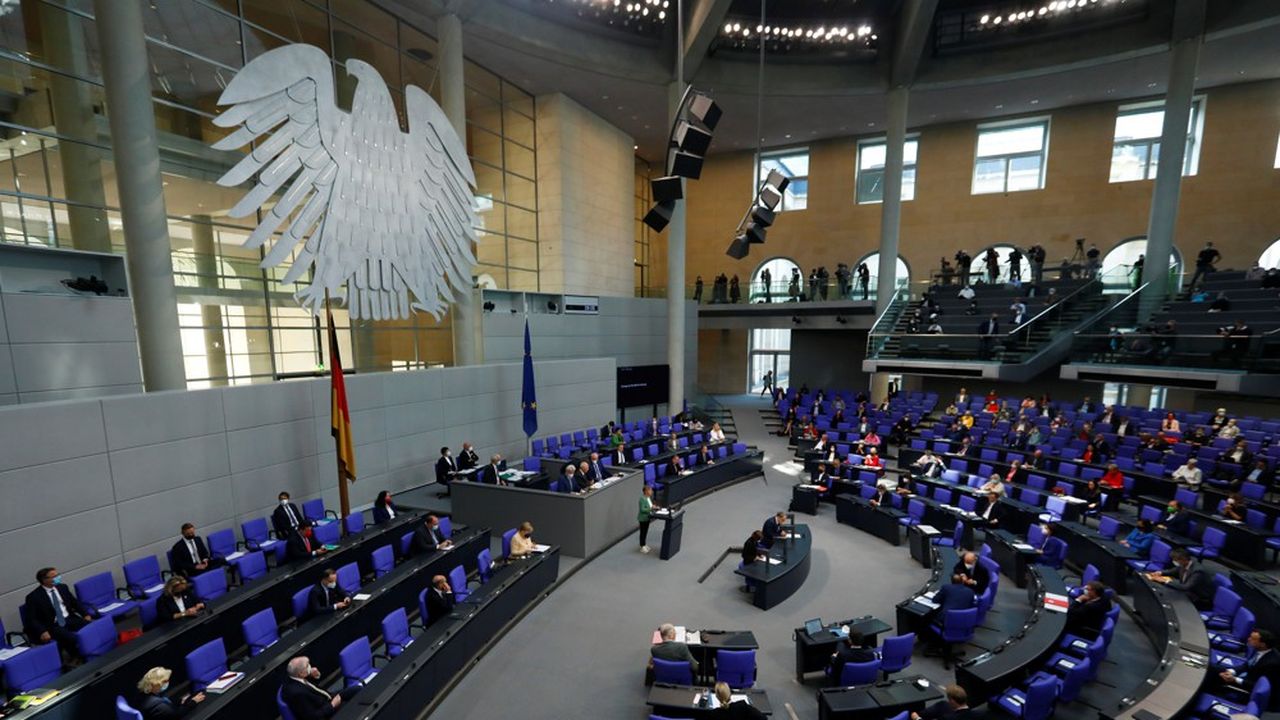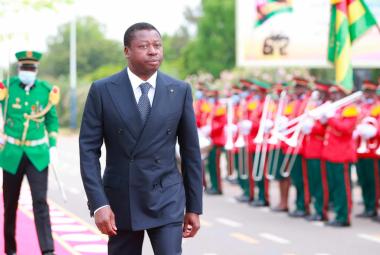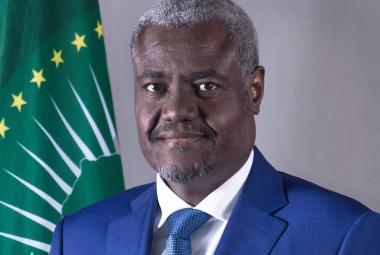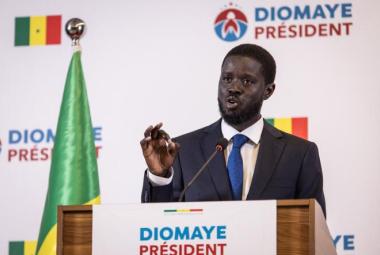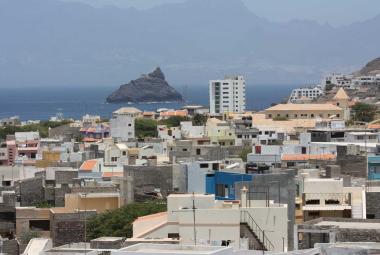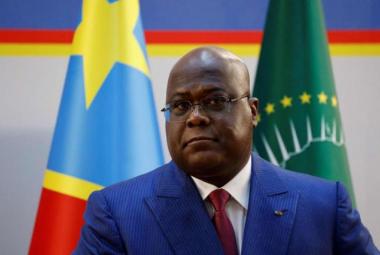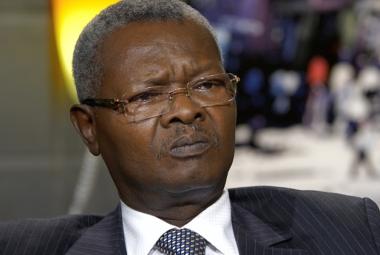Mali has fallen squarely into Russia's sphere of influence. And that's the least we can say. Burkina too, with the coup of the Rectification of September 30, 2022! And this situation will not go without socio-political consequences in the relations between these countries and the European Union in particular and the West in general.
Germany, which historically had been stripped of its former colonies after its defeat in World War II, is renowned for having constructive politics and diplomacy by Africans themselves in general. This is what makes it one of the most appreciated partners among Westerners. And when Germany decides to suspend "until further notice" almost all of its military operations in Mali under the auspices of the UN mission called the United Nations Multidimensional Integrated Stabilization Mission in Mali (MINUSMA), there are plenty of questions to ask about what is happening in Mali with the Malian authorities.
According to a spokesperson for the German Ministry of Defense, Malian authorities have refused the flights as planned: "The Malian government has once again refused to authorize a flight scheduled for today" which was to ensure a rotation of personnel, it was said. -he declares. And to continue: “…we are suspending until further notice our reconnaissance operations and helicopter transport flights”. The reason given is simple: “it is no longer possible to support MINUSMA operationally”.
Indeed, with the withdrawal of the French Forces, the security mission was no longer ensured, thus preventing the forces on the ground from being able to accomplish their usual missions. However, this refusal to fly over, according to German sources, did indeed occur even though the authorities in Berlin had assurances to the contrary from the Malian Minister of Defense, Sadio Camara, following a telephone conversation with Christine Lambrecht, Federal Minister of Defense of Germany. Which denounced on Twitter: "Camara's actions speak a different language than his words".
Mali has chosen its side: Russia. And things are very clear. Since the Barkhane force was asked to leave Mali and 46 Ivorian soldiers responsible for ensuring the security of the UN contingent of Germany were arrested and considered mercenaries in the pay of President Alassane Ouattara of Ivory Coast. Burkina has also since followed suit, restrained by the former President for reasons that are unknown. These are, moreover, the fundamental reasons for the coup d'etat which brought Captain Ibrahima Traoré to the head of the country, Lieutenant-Colonel Paul-Henri Sandaogo Damiba being accused of deviationism. A coup that strangely recalls the affair between Captain Thomas Sankara and Captain Blaise Compaoré. With the only exception here that there was no death of man.
According to Jeune Afrique, "Two transport planes landed in Ouagadougou on September 30 and October 1, in the midst of Captain Traoré's putsch, then a third a few days later, in Bobo-Dioulasso, and a fourth this week. On board, intriguing crates, but also helicopters".
It must be said, President Roch Kabore was overthrown simply because the military high command did not find him pro-Russian enough to justify his inability to confront the Jihadists on the ground.
Former Prime Minister Colonel Isaac Zida, wanted for alleged wrongdoing under President Roch Kabore, has supported Captain Ibrahim Traoré. He said that the option of Russia as a "one of a new strategic partnership", will bring to Burkina Faso the necessary military equipment to face the Jihadists. "As is the case in neighboring Mali, the Burkinabè army will be equipped with reconnaissance planes, real combat helicopters, latest generation weapons and many other essential means to defeat terrorists", a- he said the day after the coup.
Africa Intelligence was also able to reveal shortly after the putsch that the head of the military junta in power in Burkina Faso had a telephone interview lasting less than an hour with General Djibril Bassolé, former Minister of Foreign Affairs and Facilitator of Qatar in the Inclusive National Dialogue (DNI) of Chad. Leaving in January 2020 to allegedly receive treatment in France, after having benefited from provisional release, Djibril Bassolé, who was convicted in the trial of the failed putsch against the Transition under President Michel Kafando, reconnected with his old networks and chose Facilitation rather than prison in Burkina Faso.
Within the German sociopolitical class, the second coup sounded like an alert for Germany. There are many political actors who have since demanded the immediate departure of some 1,100 Bundeswehr soldiers who are taking part in the efforts of the United Nations Mission in Mali (MINUSMA). Already last September, German Foreign Minister Annalena Baerbock threatened to withdraw her soldiers from the country if the military junta in power in Mali did not provide guarantees for the safety of German troops.
The increasingly manifest influence of Russia in both Mali and Burkina Faso has begun to raise many questions in Germany about military cooperation first with these countries. The debate has even gone far beyond political spheres to concern civil society.
In the meantime, the question of leaving no longer arises. Even if we are aware that this is what Vladimir Putin's Russia is looking for to have the free field to extend its ambitions. Agnieszka Brugger, vice-president of the Green parliamentary group in the Bundestag had a more constructive opinion on this subject: "We observe how states like China, but also and above all Russia, have been trying for a few years to extend their influence in all of Africa, especially in the Sahel region (…) In doing so, they certainly do not primarily consider the concerns of the civilian population and their needs, but are very clearly extending their geopolitical influence in the region ". She thus emphasized the fact that it is necessary to know how to keep reason and not to lend the flank to the Russians. But that was not at all the opinion of the German MP Sevim Dagdelen of the far left party Die Linke, who is also the spokesperson for international relations and disarmament of her parliamentary group, who notably called bluntly to review the Bundeswehr's engagement in the Sahel. “The intervention of the German army is becoming more and more a total disaster. Neither the rescue chain nor sufficient overhead protection is provided. The conditions of the mandate are therefore no longer met, ” she told Deutsche Welle. And to drive the point home: "The withdrawal must now be organized quickly if we do not want to experience a debacle similar to that of Afghanistan".
After heated debates, it is now acted. The Bundeswehr will withdraw from Mali. It's only a matter of time. And the Bundestag (German Parliament) has decided that this is not urgent. The withdrawal of the German Army from Mali will begin from the summer of 2023 to the spring of 2024. It could continue until the possible holding of a presidential election in Mali. In May 2023, the Bundestag will take care of extending the mandate of its Army for the last time.
By Daniel Yaoni



